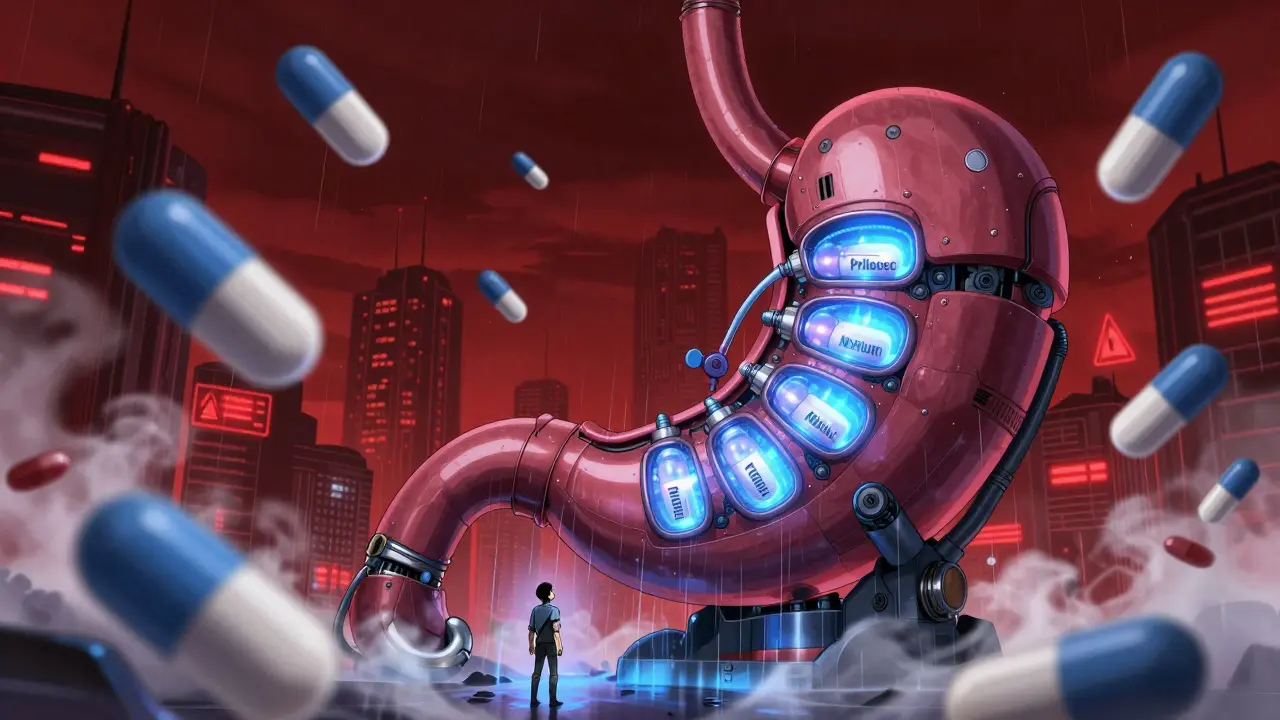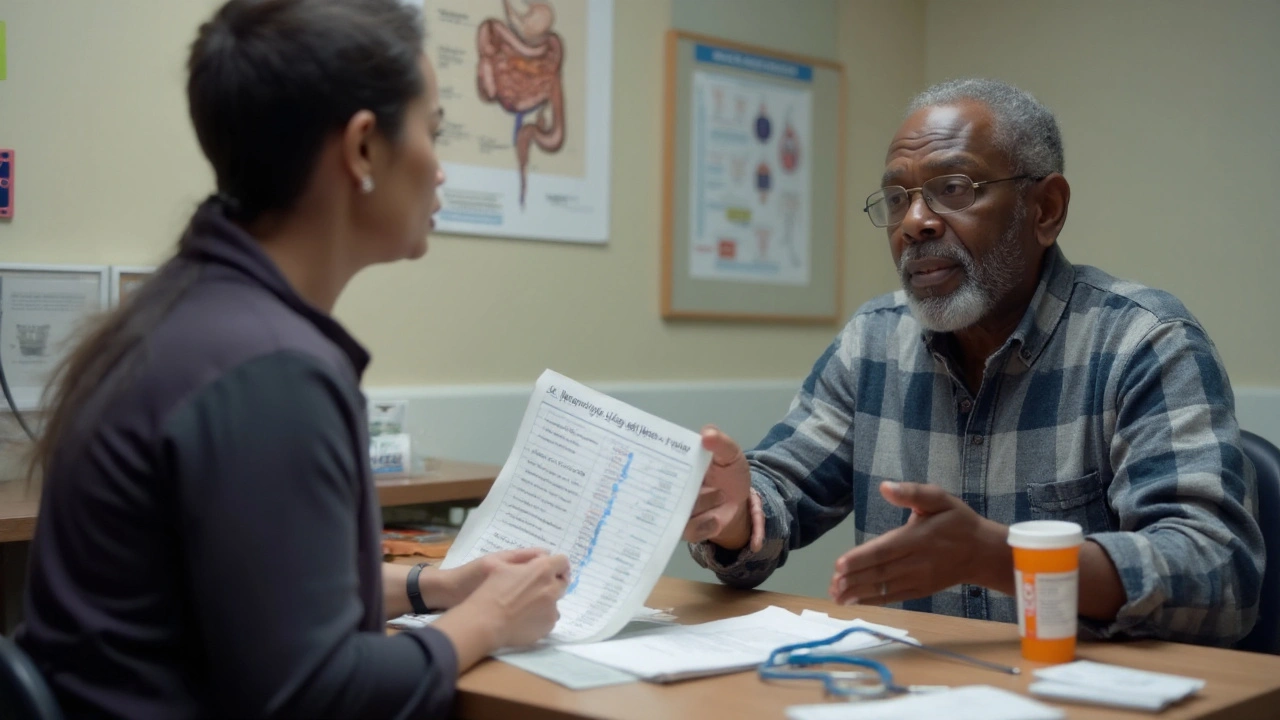PPI Side Effects – What You Should Know About Proton Pump Inhibitors
If you’ve ever taken a pill for heartburn or ulcer pain, chances are it was a proton pump inhibitor (PPI). These drugs lower stomach acid and work well for many people. But like any medication, they can cause unwanted reactions. Below we break down the most frequent side effects, the ones that show up only after long use, and simple steps to keep yourself safe.
Common PPI Side Effects
The first signs usually appear within days or weeks. Most users report mild stomach upset, bloating, or gas. Some feel a slight headache or dizziness – nothing dramatic, but annoying enough to notice. A few people get constipation or diarrhea; the change in acid levels can disturb gut bacteria.
Another frequent complaint is a metallic taste or dry mouth. If you’re on a PPI and start craving salty foods, it could be related to lower stomach acidity affecting your sense of flavor. These symptoms often fade if you keep taking the drug, but they’re worth mentioning to your doctor if they linger.
Long‑Term Risks & What to Do
When PPIs are used for months or years, some deeper issues can emerge. Research links prolonged use with lower calcium absorption, which may raise fracture risk, especially in older adults. Vitamin B12 deficiency is another concern because acid helps release the vitamin from food.
Kidney problems have also been reported – a condition called interstitial nephritis that shows up as swelling or reduced urine output. If you notice unusual fatigue, swelling of ankles, or changes in urination while on a PPI, call your healthcare provider right away.
Perhaps the most talked‑about long‑term effect is an increased chance of gut infections like Clostridioides difficile. Less stomach acid means some harmful bacteria survive longer, leading to diarrhea that can be hard to treat.
So what can you do? First, never stop a prescribed PPI without talking to your doctor. They might suggest tapering the dose slowly instead of quitting cold turkey. Second, ask if a lower dose or an “on‑demand” schedule works for you – many people only need the drug when symptoms flare.
If you’ve been on a PPI for over a year, request a check‑up that includes calcium, vitamin B12, and kidney function tests. Simple blood work can catch problems early before they become serious.
Finally, consider alternatives if your doctor agrees. Over‑the‑counter antacids, H2 blockers like ranitidine (where still available), or lifestyle tweaks such as avoiding late meals, caffeine, and alcohol can reduce reliance on PPIs.
Bottom line: PPIs are powerful tools for acid‑related issues, but they’re not without side effects. Staying informed, monitoring symptoms, and having regular doctor visits will help you enjoy their benefits while minimizing risks.


